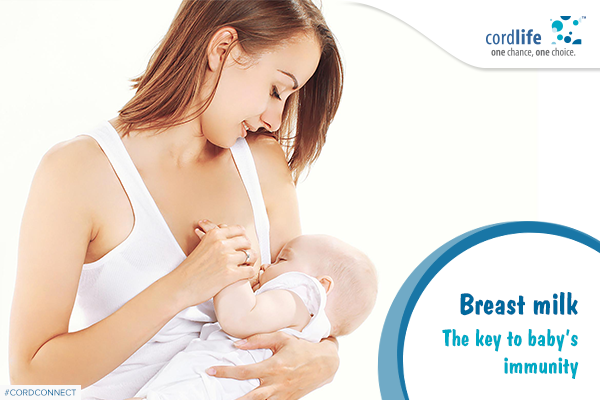Table of Contents
The most beautiful sight to behold is that of a mother lovingly breastfeeding her infant while the baby suckles on her nipple and gazes back at her. It is a moment that seems locked in time – both mother and child are in a cocoon of their own, with no need for anyone else. Indeed, a woman that breastfeeds her child need not offer the baby any other form of nourishment – the breast milk is replete with every nutrient that the baby needs at that stage of life.
Yet, breastfeeding is often saddled with opposing popular thoughts based on cultural notions and beliefs. Some women are hesitant to breastfeed during pregnancy, believing that they are diverting essential nutrients from the child growing in their womb to the child suckling at their breast. Other cultures believe that feeding a child is a collective responsibility and that the mother must not take sole charge of it.
The Benefits of Breast Milk and Breastfeeding
Doctors across he world recommend that infants be exclusively fed on breast milk at least for the first six months of their lives. This is because breast milk provides the baby with all the water and nutrient content that they need to develop immunity and grow well. Amongst the biggest benefits of breastfeeding are that necessary nutrients are provided to the baby, the baby gets a barrier against sickness, infections and allergies, the milk has no side effects and it helps the baby’s weight grow at the required rate. Research also shows that breastfed babies have higher weights and IQs than babies who are not exclusively breast fed.
There are several studies that attest to the bounties of breast milk, chief among them being that breast milk is a ready source of all the calories and fluids that your baby needs to grow into a healthy child. Babies brought up on breast milk also show good growth of organs and greater immunity to such health problems as ear infections, viral/bacterial infections that may cause meningitis or metabolic disorders, and even protects the lungs against such problems as bronchiolitis and pneumonia.
Breastfeeding has several positives for the mother as well, chief among which are that it helps the mother-child bond, keeps the mother energised, helps her uterus contract gradually and it is also believed to aid weight loss.
Cultural Differences Play a Big Part!
Asian countries encourage mothers to breastfeed at all times, so it is not at all surprising to see women breastfeeding in public in these countries. In many Asian and Arabic cultures, the sight of a woman breastfeeding her child is not just considered normal, but also auspicious. As such, a mother’s milk is considered pure and sacred in many cultures around the world.
However, there may be differences in the way some other cultures and communities view the breastfeeding exercise. While most women in countries like the US and UK might wean away their children from breast milk quite early, others might not breastfeed in public but choose to use a breast milk pump to draw out the milk in to a bottle for their baby’s consumption outside the home. Some cultures in the Middle East dictate that breastfeeding outside the home, where strangers’ may cast an eye over or even ogle at the woman’s breast, is impolite and not to be encouraged. Still others frown upon the idea of women breastfeeding in front of men.
Breastfeeding tips and taboos exist in other parts of the world as well. For instance, it is believed in some parts of Kenya that a woman must not breastfeed if she is upset or has had a domestic quarrel for fear of contaminating her milk with ‘bad blood’. Then there are some bush tribes in Papua New Guinea that believe that a woman must be celibate while she breastfeeds.
The Genesis of World Breastfeeding Week
The idea of a woman exclusively breastfeeding her baby for the first six months of its life was first floated in the year 1991, when the organisation World Breastfeeding Week (WBW) announced the goal to promote the idea of exclusive breastfeeding all over the world. This week is now observed every year from August 1 to 7 and is expected to touch more than 120 countries around the world this year. It is observed with awareness programmes, participant events, pledges and information dissemination by doctors, researchers, midwives and mothers.
In the year 2010, over 400,000 participants from more than 79 countries and 488 organisations were part of the World Breastfeeding Week, with the numbers nearly doubling by last year across all categories.
The theme for the year 2016 carries forward the ‘Sustainable Development Goals’ theme of 2015. It is centred on caring for each other, starting on a journey of good health and wellbeing through breastfeeding and respect for the world. The slogan for the 2016 theme is ‘Breastfeeding: A key to sustainable development’.
